Richard Yates was a writer recognised by his fellow authors as a genius. A respected journalist and speech writer for Robert Kennedy, Yates has remained relatively unknown by the reading public, until recently.
Although the film, 'Revolutionary Road' starring Kate Winslett and Leonardo de Caprio was critically recognised as accomplished, the book should be read for the great psychological depths that Yates brings to his characters, exploring not only their lives as flawed individuals, but the American society which created them.



 concepts of idealised womanhood and by their biology.
concepts of idealised womanhood and by their biology.


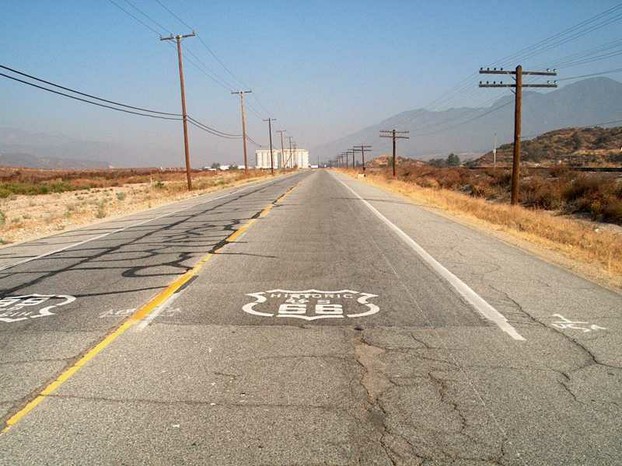


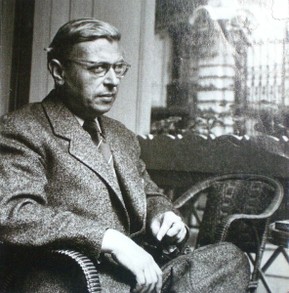

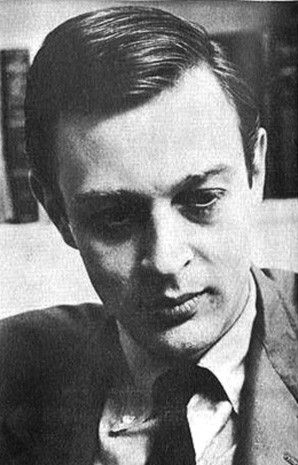
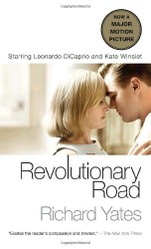

 How to Choose a Walking Cane or Stickon 08/01/2014
How to Choose a Walking Cane or Stickon 08/01/2014
 Michael Miller Fabulous Fabric Swatches for Quilting, Crafts etcon 07/02/2014
Michael Miller Fabulous Fabric Swatches for Quilting, Crafts etcon 07/02/2014
 The Drama of Life in the Rock Poolon 06/08/2014
The Drama of Life in the Rock Poolon 06/08/2014
 The Flâneur - Symbol of Modernity in 19th Century Parison 05/09/2014
The Flâneur - Symbol of Modernity in 19th Century Parison 05/09/2014

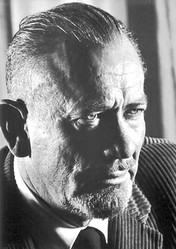

Comments
Hi Mira - Yes, I enjoyed the film - great acting. There's more in the book which I guess they decided to leave out. I think you'd enjoy reading it. Thanks Mira!
Thank you, Kathleen! I liked the film. I was wondering about the book, too. I am now tempted to read it :)